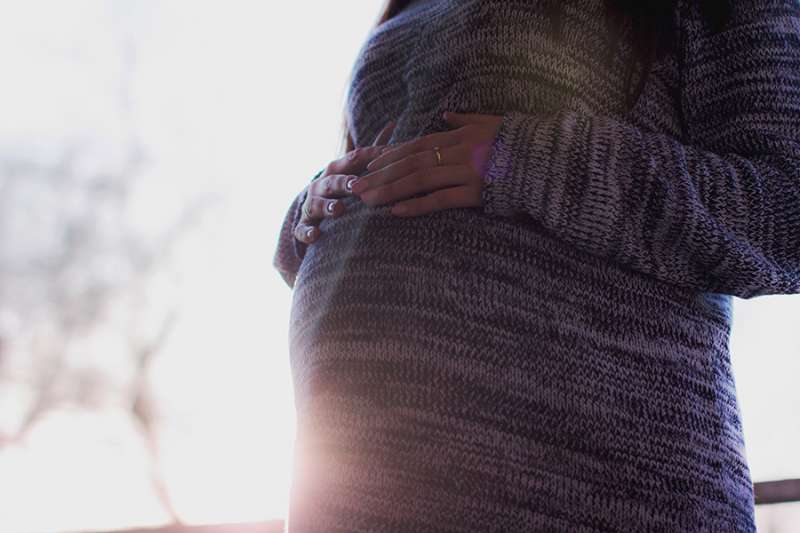After Ireland voted to legalize abortion in a referendum last week, efforts have increased to legalize the procedure in Northern Ireland as well.
On May 25, the people of Ireland voted to overturn the country’s 8th amendment, which recognized the equal right to life for the unborn child and the pregnant mother. As a result, abortion had been banned in the nation except when the mother’s health is deemed to be in danger.
Just over 33 percent of the predominately Catholic country voted to keep the amendment, while more than 66 percent voted to repeal it.
However, abortion is still prohibited in Northern Ireland, which is part of the UK, unless a woman’s life or long-term health is at risk.
Abortion activists gathered at the main court buildings in Belfast on May 28. Several women took abortion pills in front of the police, although it was not clear if they were pregnant and had thereby broken the law.
In order to circumvent the country’s pro-life laws, the pills were delivered by small robots controlled from the Netherlands. The robots were sponsored by local and international abortion advocacy organizations, including Women on Waves, Women on Web, and Rosa Northern Ireland.
Police attempted to remove one woman from the protest after she had taken the abortion pills publicly. However, they later abandoned their efforts and only seized the drugs and robots.
U.K. Prime Minster Theresa May has faced pressure from pro-abortion groups in Northern Ireland. However, she stressed that legislative change would depend on local officials.
“It's important to recognize that the people of Northern Ireland are entitled to their own process which is run by locally elected politicians,” said James Slack, a spokesperson for May, according to NPR.
Northern Ireland's Democratic Unionist Party, which currently holds the most seats in the Northern Ireland Assembly, has said that it remains committed to the pro-life cause.
“The DUP is a pro-life party and we will continue to articulate our position. It is an extremely sensitive issue and not one that should have people taking to the streets in celebration,” its leaders said in a statement following the May 25 referendum.
Bernadette Smyth, director of the Precious Life pro-life group in Northern Ireland, emphasized the need to inform and support women to help them choose life.
“Women in crisis pregnancies need real help and support. Abortion is never the answer,” she said.

